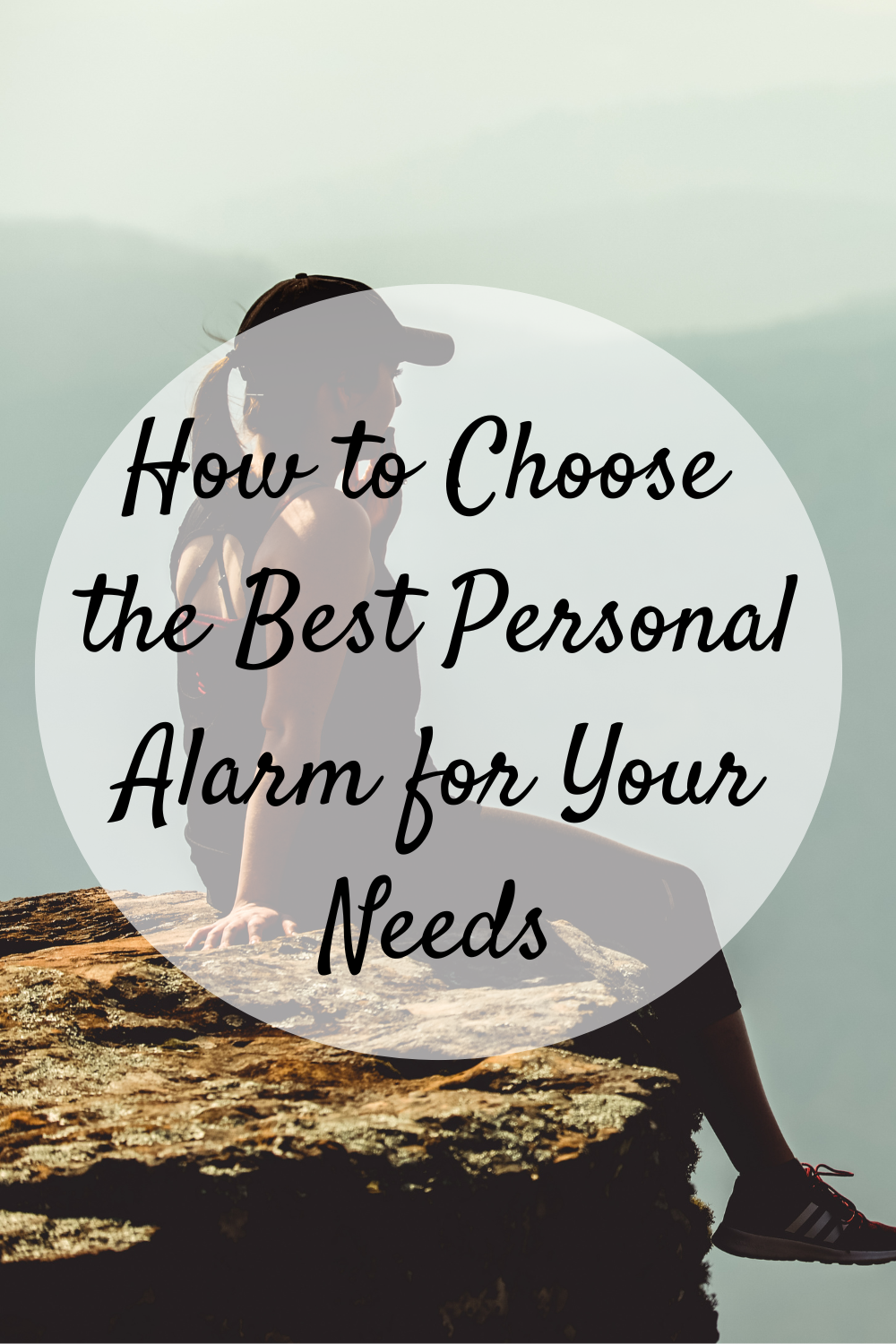
Living in a world filled with threats and safety issues requires that you have all the best protection devices and resources. If not for self-protection, then you need the resources to protect someone else, like a baby or an elderly person who requires close monitoring.
Rather than monitoring them all the time, you can use personal alarms, which can instantly notify you about safety issues. The users can hang them on their necks or carry them on their hands for emergency response purposes. In case of any issues, the users can press a button, the alarm can go off, or an instant notification can be sent to responders for help.
If you are planning to shop for one, be ready to be bombarded with various options and variations. Instead of focusing on everything, prioritize certain features to choose the best alarm systems. Not every alarm is good for you; hence, consider the following details when selecting the best one.
1. The suitability for certain groups
Every alarm system you buy is perfect for a specific group of people. For instance, there are those with integrated features, making them ideal for the elderly, joggers, and those who value public safety. Rather than wasting money and trying different variations, focus more on the alarm’s suitability for the users.
If you are buying personal alarm for elderly parents or those in nursing facilities, then focus on the features that target them. The most significant feature is the fall protection and detection capabilities. Whenever the alarm senses a downward, leaning motion and certain angular motions, it alerts someone about a potential fall.
Another feature is the ability to capture health statistics and data. For example, if the blood pressure or heartbeat exceeds a certain limit, the alarm should trigger an emergency team to respond to medical needs. You can focus on more features integrated to ensure the users live a good life without any issues.
For joggers and those in need of public safety and protection, aspects like volume and GPS tracking matter a lot.
2. Communication Capabilities
Alarms are meant to keep you safe by alerting an instant help to your location in case of emergencies. However, it should also allow you to communicate if you need to provide any extra details. Therefore, focus on those with two-way communication capabilities to communicate with the responders in real-time.
If the location is not very precise or you are in a remote area, you can get help finding your exact location. With such capabilities, you can provide them with location details in case of search and rescue needs.
Sometimes, communication is ideal for verifying and obtaining instructions from respondents. If you cannot reach the mobile phone, two-way communication allows you to communicate with the team.
You can receive details like instructions to help with emergency first aid. There are also occasions of false alarms. For instance, the motion detectors may detect wrong movements and alert the team. Instead of wasting their time, you can reassure them of safety and notify them of false alarms.
3. Battery life
If you are going out with your alarm system, then you need one with an extended battery life. At least it should serve you for about 24 hours before the battery dies. Also, it should charge faster, enabling you to keep it out of the body for only an hour.
The best battery for the alarms should serve you for the day and monitor your safety. Moreover, ensure you buy one that can quickly notify you of the battery percentages or when it is almost low so that you are not caught off-guard.
4. The Alarm Sound
How loud should the alarm be? Ideally, this depends on the actual usage. If you like jogging and need an alarm for public safety and protection, then it should easily be loud. The louder the alarm, the more suitable it is to protect you and deter attack in case of sexual assault or harassment.
However, for the needs of the elderly, it should not be too loud to scare them. Instead, it should have an excellent volume to alert someone around to respond in case of falls or other health issues. Such alarms are perfect at motion detection and sending notifications to responders.
5. Connectivity To Other Devices
Personal alarms are meant to seek help in case of emergencies, meaning sound should trigger a response or send notifications to the right people. To function best, ensure it can connect to digital devices like laptops and mobile phones.
For example, if you are using an alarm system to monitor the baby or grandparents, it should immediately notify you on the phone about any emergencies. Therefore, buy one that will easily integrate with various mobile OS and digital systems to trigger an instant response.
Next, whenever the person you are monitoring is on the move, you should get an instant notification based on the GPS tracking. This can help you monitor movements and trace the location in case the users are lost or have memory issues.
6. GPS Optimization
Ideally, this should be the most significant consideration when buying safety alarms. The internal GPS should continuously transmit real-time precise location data to enable the responder to locate the user instantly.
It is ideal for use in elderly homes to enable caregivers to know their precise location. You can allow them to go for evening walks and enjoy nature, but still keep an eye on their location.
Summing up
When buying a personal safety alarm, the primary consideration should be suitability. Most are manufactured for specific demographics to boost suitability and address specific emergency needs and safety.
Next, consider integrated features, costs, battery capabilities, and the type of GPS in the alarm system.





Leave a Reply